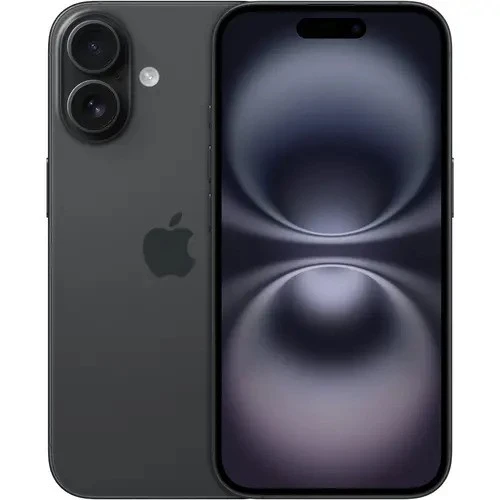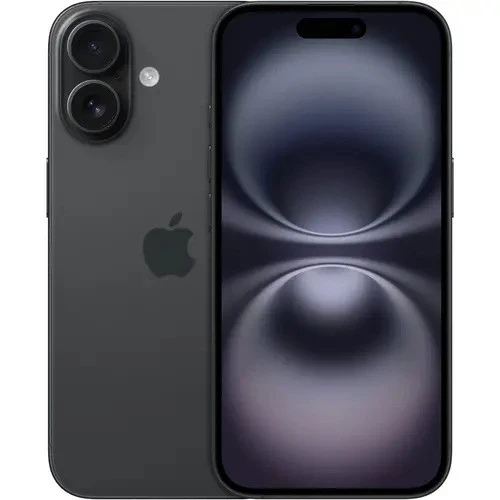Dapatkan ansuran iPhone dari RM3/hari!
Get that AND RM800 OFF storewide!
Enjoy unbeatable discounts on our brand-new iPhones.
Every purchase comes with a 1-year warranty and a 10-day return policy.
Grab our best prices & flexible instalments on iPhones – stay stylishly connected with the latest tech today!




















011-69533228
Lot UG-039, UG Floor, Plaza Low Yat, Bukit Bintang, KL
Apple has been at the forefront of smartphone innovation since the first-generation iPhone was unveiled to the public in 2007. Thanks to Apple’s inherent closed-sourced software and hardware designed in-house, the iPhone provides distinct performance unique only to their smartphone line. Let’s explore how are iPhones different from other brands such as Android,
All iPhones run on Apple’s proprietary operating system called iOS. It’s a closed-source operating system designed to feel natural, intuitive, and familiar to the user. In contrast, Android phones operate on the open-source Android OS. The closed nature of iOS provides a more uniform experience across all Apple devices, enabling Apple to optimise their software with their hardware.
Apple’s focus on user-centered experience also extends to their apps. Developers follow strict guidelines before their apps get published on the App Store. Along with that, regular iOS updates ensure that a large majority of iPhone users get access to the latest features of their favourite apps for a better user experience.
Apple has also built their own hardware called the Apple A Bionic Chip. This SoC (System on a Chip) serves as the central hardware for all iPhones, connecting all components like a computer motherboard.
The Apple Bionic chip uses Arm's 64-bit instruction architecture, like chips used by other OEMs (Original Equipment Manufacturers). However, Apple holds an architectural license with Arm, allowing them to design their own chips from scratch. This architectural advantage enables Apple to optimize the chip's performance and power efficiency according to their specific requirements.
The Apple Bionic chip typically features a combination of high-performance and high-efficiency CPU cores. While the number of cores and their specific configurations may vary across different generations of the chip. Apple's CPUs have consistently demonstrated better CPU performance compared to other smartphone processors. In Geekbench Single-core tests, the A17 Pro Bionic chip of the iPhone 15 Pro and Pro Max, outperforms the Snapdragon 8 Gen 3 (2931 vs 2319). Every year, Android tries to keep up with Apple’s custom chips with little success.
Apple has perfected their cohesive ecosystem, allowing you to integrate your new iPhone with other Apple devices including MacBooks, iPads, Apple Watch, and Airpods. Android phones, while compatible with a variety of devices and services, do not offer the same level of integration as non-Android products.
Apple's ecosystem aims to provide a consistent user experience across devices. The design language and interface remain familiar, minimizing the learning curve when transitioning between devices. Users can easily transfer files, media, and user profiles between their Apple devices. This means you can access your photos, documents, and apps across multiple devices, making it convenient and efficient. Whether you're composing an email on your iPhone, continuing on your MacBook, or tracking your fitness goals with your Apple Watch, the integration ensures a seamless experience.
Apple has built a reputation for prioritizing security and privacy, with features such as Face ID, Touch ID, and end-to-end encryption for iMessage. iOS also boasts timely software updates and a "walled garden" approach to app distribution, minimizing the risk of malware. While Android has made significant strides in enhancing security, its open-source nature makes it more susceptible to vulnerabilities, and device fragmentation can lead to delays in software updates.
Overall, used iPhones offer a range of advantages over Android devices, making them a preferred choice for many users. The optimized performance, seamless integration, long-term software support, minimal bloatware, and stringent privacy measures contribute to a reliable and secure user experience.